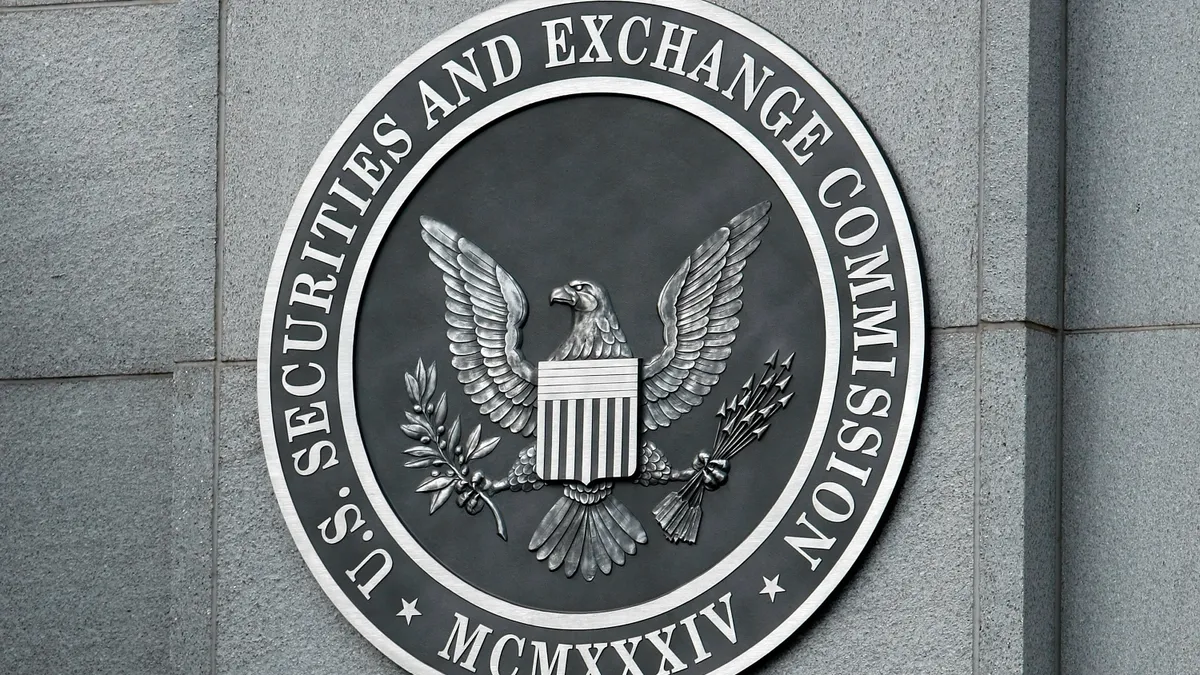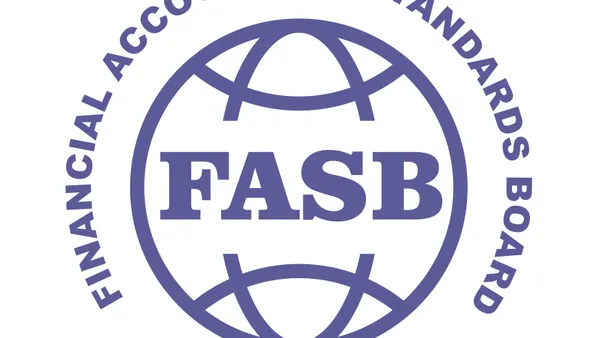The number of IPOs involving special purpose acquisition companies (SPACs) plunged 87% from April through June compared with the first quarter of 2021 as regulators and investors stepped up scrutiny of the blank-check companies.
Thirty-nine SPACs raised just $6.8 billion during the second quarter compared with 292 that raised $92.3 billion during the first three months of 2021, according to FactSet. The implosion ends more than a year of record growth — SPAC IPOs accounted for more than half of $67 billion in IPO capital raised in the U.S. in 2020, according to Goldman Sachs.
“Investors and key market actors have raised ongoing concerns about SPACs,” the Investor Advisory Committee to the Securities and Exchange Commission (SEC) said in an Aug. 26 draft report recommending tougher disclosure rules for SPACs.
“SPACs by their very nature are rife with conflicts of interest which must be disclosed to potential investors,” the committee of institutional investors and other stakeholders said in recommendations that it will consider on Sept. 9. “The commission does have the ability to enhance its protection of investors now with respect to new SPAC filings.”
In the most recent challenge to SPACs, a former SEC commissioner filed lawsuits last month claiming that some SPACs are investment companies, rather than operating companies aimed at merging with a target firm, and should be subject to the rules under the Investment Company Act of 1940.
“Investing in securities is all the company has ever done since its IPO,” according to the lawsuit filed against Pershing Square Tontine Holdings (PSTH) by Yale Law School Professor John Morely and former SEC Commissioner Robert Jackson, who is currently a law professor at New York University. PSTH is run by billionaire investor William Ackman.
The lawsuits prompted 59 law firms to release a public statement asserting that there is no factual or legal basis for saying that SPACs are investment companies.
The argument “is not consistent with how the statutory regime has developed,” according to Jim Ducayet, co-head of the securities and shareholder litigation practice at Sidley Austin, a statement signatory. “It’s not even close.”
One purpose of the lawsuit may be to spark a debate, which the SEC could welcome, Ducayet said. “If it’s a trial balloon, it certainly has everyone talking.”
The litigation is unlikely to significantly chill the SPAC IPOs, he said, adding that a decision by the court may not come until late this year or early in 2022.
“I would not expect this development to be a factor in what happens in the market,” Ducayet said. “There’s a limited universe of targets and a lot of money chasing them."
Faster, lower cost
A SPAC offers private companies a quicker, cheaper alternative to traditional IPOs. It raises money by selling shares, which it lists on a stock exchange.
After selling shares, a SPAC moves investor money into trust accounts holding short-term Treasury and money market securities before merging with a private company, which usually occurs within two years.
The lawsuits may prolong a chill for SPAC IPOs that began in April when SEC staff accountants released a memo saying that warrants attached to SPAC shares should be treated as liabilities rather than as equity.
In order to comply with the new guidance, SPAC sponsors need to hire accountants and auditors to value the warrants each quarter using a complex calculation. When treating warrants as equity, sponsors make a simpler, up-front calculation.
SEC Chair Gary Gensler increased concerns in the SPAC market in May when he flagged risks to investors and said the agency will investigate how the shell companies raise cash from the public and merge with target companies.
The SEC’s corporate finance, examinations and enforcement divisions will “be closely looking at each stage to ensure that investors are being protected,” Gensler said in testimony to the House subcommittee on financial services and general government. “Each new issuer that enters the public markets presents a potential risk for fraud or other violations.”
The SEC’s Investor Advisory Committee described several signs of “growing concerns about risks to investors in SPACs” including increases in:
- negotiating leverage by private investment in public equity (PIPE) investors and a decline in availability of PIPE funds;
- the cost for directors and officers liability insurance “reflecting increased awareness of potential risk;”
- the duration of a sponsor’s investment in the post-merger entity;
- the percentage of SPAC investors seeking redemptions during a merger transaction.
So far this year, 293 SPACs have released initial primary filings and are still in registration, FactSet said, adding that the number excludes postponed or withdrawn offerings. “Given the growing regulatory and legal challenges facing SPACs, it will be interesting to see what happens to these companies hoping to go public.”













